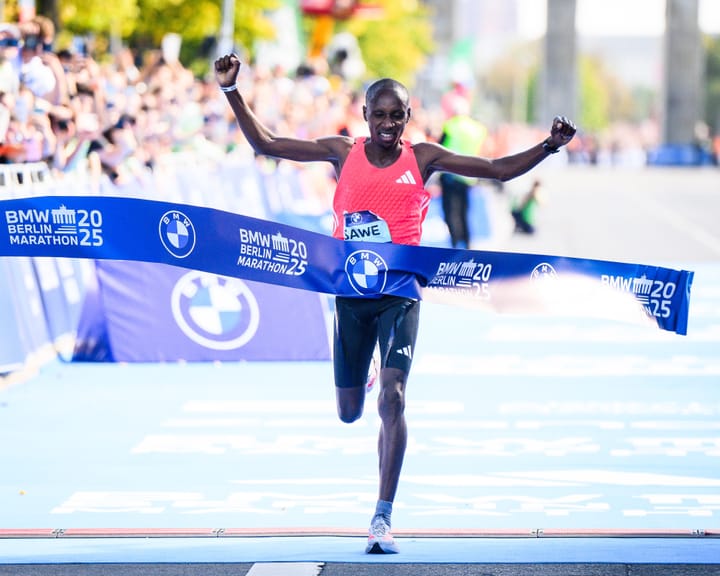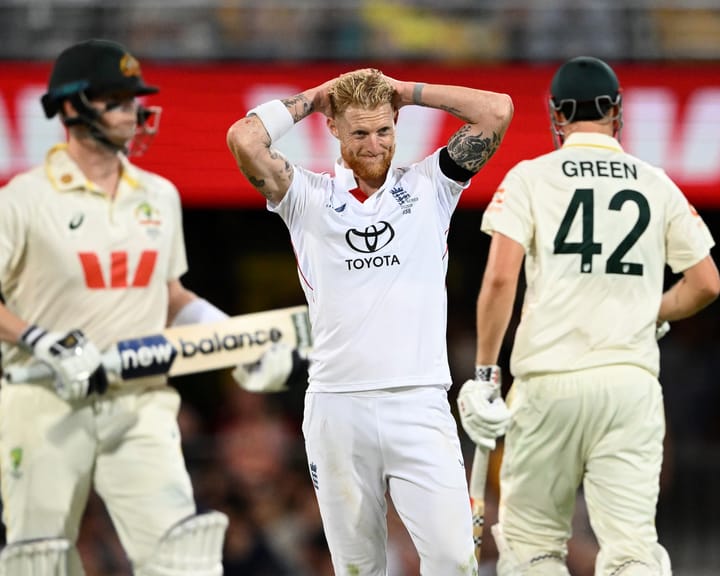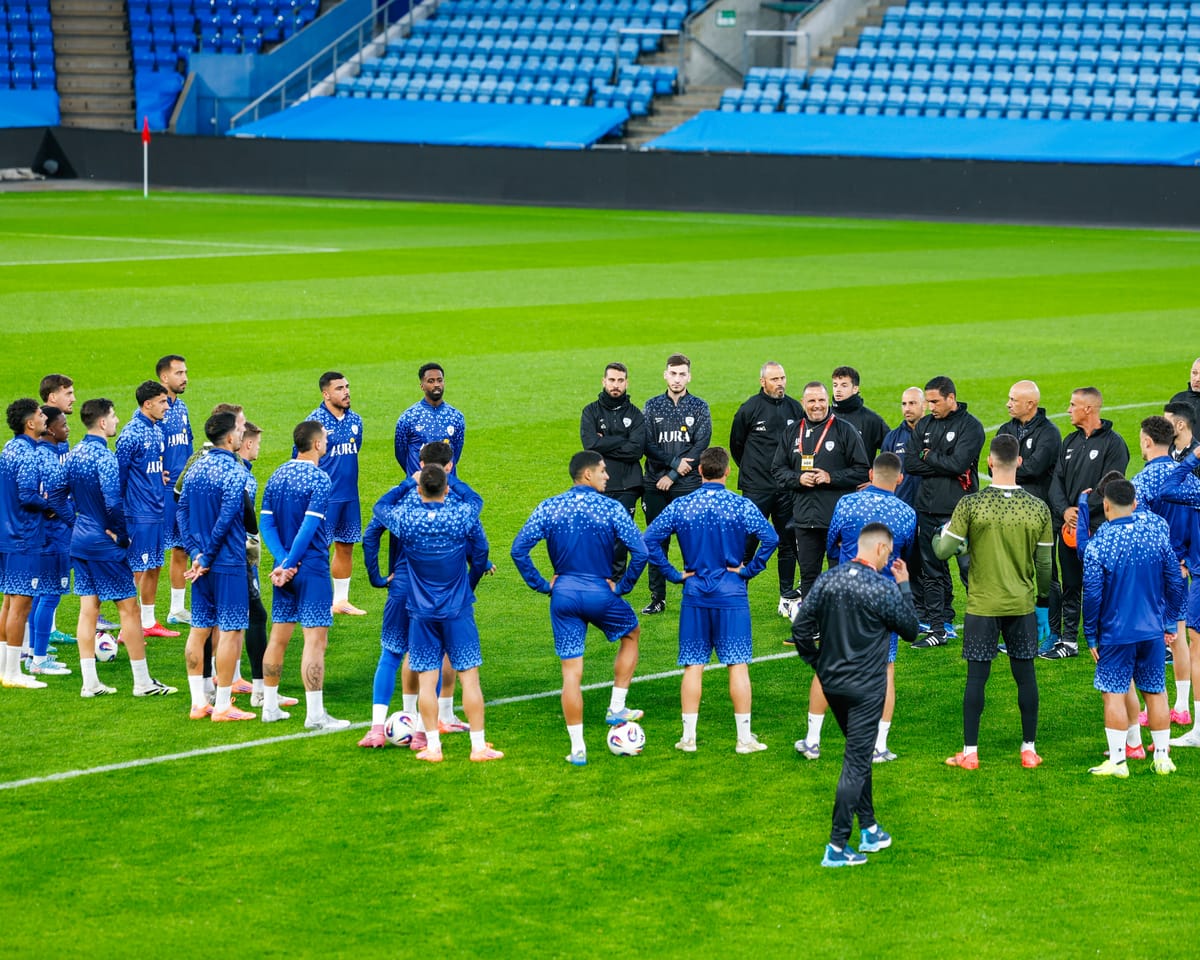This will be the most heavily secured sports event in Norway since the 1994 Winter Olympics. Strict security measures are in place across Oslo, with a no-fly zone enforced over Ullevål Stadium. Amid the heightened precautions, it might be easy to overlook that Norway’s national team is close to qualifying for the World Cup for the first time in 27 years. A victory over Israel would bring them closer, but the visiting team’s participation has stirred controversy.
On Saturday afternoon, thousands are expected to march peacefully from Oslo’s city center to a gathering near the stadium. The demonstration, organized by the Palestine Committee in Norway under the slogan “Red card for Israel,” will be joined by other groups holding their own protests. Near Grønland metro station, posters of unclear origin promoted a separate rally titled “Stop the national match.” Authorities have been preparing for this since the match was scheduled over a year ago.
Israel’s team is accustomed to heightened security and protests during matches. “Not much higher than usual,” said captain Eli Dasa, though reports suggest security will include multiple intelligence personnel. Despite this, the tensions surrounding this match are particularly intense.
On Friday, Norwegian Football Federation (NFF) president Lise Klaveness faced sharp questioning from Israeli journalists, much of it critical. The NFF has been vocal in calling for Israel’s exclusion from international football, a stance that has strained relations. The decision to donate Saturday’s match proceeds to medical aid for Gaza also drew criticism from Israeli officials, who saw it as a political statement.
UEFA had considered barring Israel from competitions after a UN report accused the country of acts amounting to genocide in Gaza. However, discussions were paused amid recent diplomatic developments. Klaveness emphasized that her position was based on violations of FIFA regulations regarding teams in occupied territories, not a targeted effort against Israel.
“We support a system based on rules,” she said. “The priority is not football but the end of violence and the release of hostages. Sanctions should be discussed when FIFA’s regulations are breached.”
The NFF has not considered unilaterally refusing to play.
Read next

Marathoner Sebastian Sawe Pushes for Frequent Doping Tests
Kenyan Runner Calls for Rigorous Doping Scrutiny Amid National Crisis
When elite marathon athlete Sabastian Sawe recently declared doping “a cancer,” his conviction carried uncommon weight. Not only did he affirm his own integrity, but he also proactively requested intensified testing by the Athletics Integrity Unit (AIU) ahead of Berlin’

Lando Norris Claims F1 2025 Honors After Hard-Fought Three-Way Battle
Lando Norris entered the season as the anticipated leader and ultimately prevailed after an intense competition. Claiming his first championship proved challenging, given the fierce challenge from McLaren teammate Oscar Piastri and Red Bull’s Max Verstappen. His final victory reflected a driver who held composure and belief even when

Dropped chances cost England as Australia builds lead in second Ashes Test
The ball was pink and the intervals unconventional, but much of the second day in this crucial day-night Test saw England’s supporters endure a drearily familiar spectacle at the Gabba.
The celebration following Joe Root’s century 24 hours earlier faded, replaced by growing unease. England’s bowlers frequently

